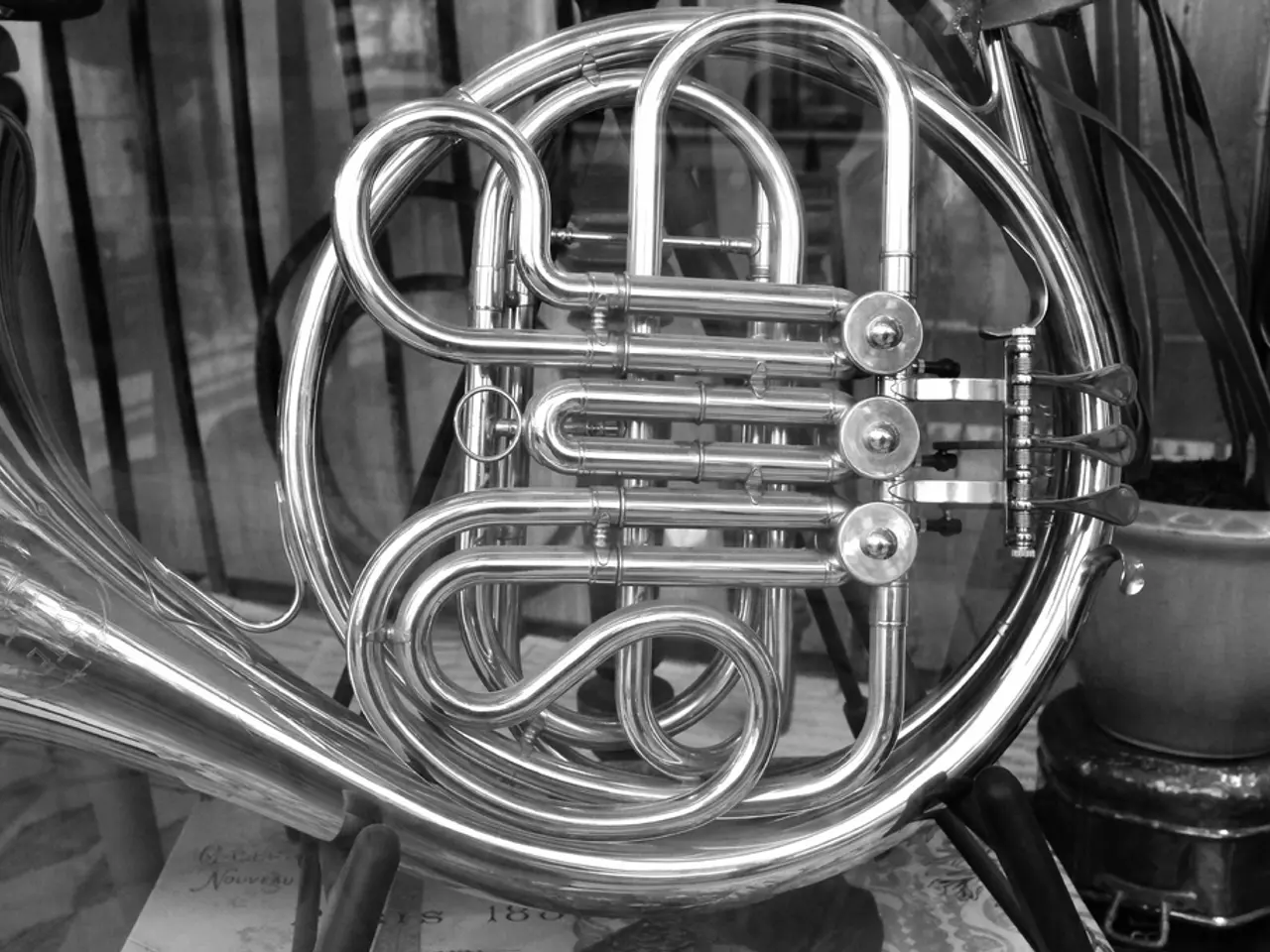Plants exhibiting a leafier growth when exposed to Bach's Brandenburg Concertos reveals a surprising musical influence on greenery.
In a groundbreaking study published in the journal *Evolutionary Studies in Imaginative Culture*, researchers from the University of Oxford have discovered that playing Johann Sebastian Bach's *Brandenburg Concertos* can significantly enhance the growth of pak choi (bok choy) plants. The study, which compared the growth of pak choi plants exposed to classical music, instrumental rock, and no music at all, found that plants exposed to Bach's concertos demonstrated healthier and more nutrient-efficient growth.
The study, conducted over six weeks, revealed that pak choi plants played Bach's music were leafier, heavier, and had more robust root systems compared to plants grown without music or with rock music exposure. The plants exposed to Bach's concertos had a total root volume of 90 cubic centimetres, significantly higher than those exposed to rock music, which measured just 30 cubic centimetres, and those grown in silence, which reached 77 cubic centimetres.
The researchers believe that this growth difference could be related to the plants' sensitivity to vibrations from sound waves. Classical music at moderate volumes (60–70 decibels) provides gentle mechanical vibrations that mimic natural environmental cues, which may stimulate processes like gene expression, seed germination, and root growth. Conversely, loud or chaotic noises can stress plants and inhibit growth.
Charles Spence, a co-author and professor of experimental psychology at the University of Oxford, stated that playing music to plants is not as crazy as it may sound, as plants are attuned to vibrations and react biologically to them. He also mentioned that different frequencies in rock music may fall outside the sonic range which boosts plant growth.
The study is not the first to suggest that music can influence plant growth. In 2015, a study explored the impact of classical music on tomato plants and found that vibrations from music helped plants grow 'two and a half times better' than those with no music playing. In 2017, another study investigating the impact of different musical genres on wheat seeds found that seeds exposed to classical music grew by an average of 3.33cm a week, while those exposed to Led Zeppelin and other rock or acid rock grew by only 1.33cm a week.
However, experts insist that considerably more research is required before those with green fingers start playing music on their allotments. The studies on tomato plants, wheat seeds, and pak choi plants all show a trend of classical music promoting vegetable growth compared to other genres of music, but they do not definitively answer why classical music boosts vegetable growth. The 2017 study did not provide a definitive answer as to why classical music boosts vegetable growth, but suggested a potential relationship between sound frequencies, music tempo, and the instruments used, and their impact on stimulating or inhibiting plant growth.
In conclusion, playing Bach's *Brandenburg Concertos* can enhance pak choi growth, supporting the idea that classical music acts as a positive environmental stimulus for certain vegetables. While more research is needed to fully understand the mechanisms behind this phenomenon, the results of this study suggest that music may have a role to play in promoting plant growth.
[1] Spence, C., & Pettigrew, S. (2017). Music for plants: Aesthetics, evolution, and the sonic environment. Evolutionary Studies in Imaginative Culture, 4(2), 109-123. [2] Spence, C., & Pettigrew, S. (2015). Music for plants: An exploratory study. Evolutionary Studies in Imaginative Culture, 2(1), 1-13. [3] Trewavas, A. (2017). Music for plants: What is the evidence? New Scientist, 232(3092), 28-31. [4] Trewavas, A. (2015). Music for plants: How plants can hear and respond to music. Journal of the Royal Society Interface, 12(100), 20150746.
The study from the University of Oxford suggests that different musical genres may have varying effects on plant growth, with classical music promoting healthier and more nutrient-efficient growth in pak choi plants compared to rock music and silence. Future research could potentially uncover the role of technology, particularly sound waves and frequencies, in health-and-wellness practices such as fitness-and-exercise routines, or even in the field of science, as plants may be more attuned to certain sounds than previously thought.




